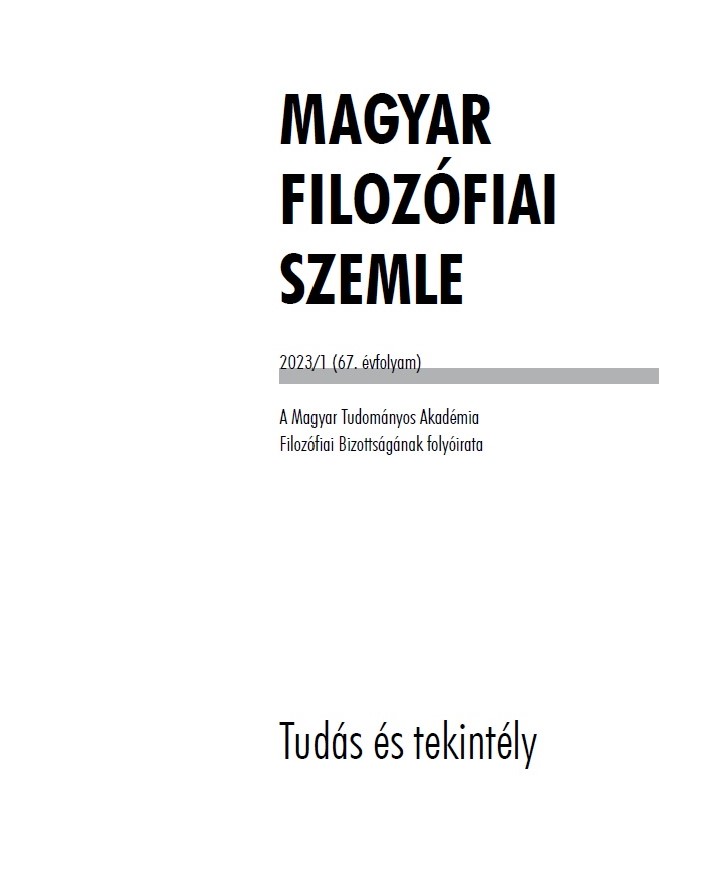Én-redukció és én-konstrukció Descartes-nál
Megjegyzések a tekintély descartes-i problémájához
Absztrakt
Descartes’s dedicatory letter at the beginning of his Meditations has long been considered a document of his astonishing deference to ecclesiastical authorities, an attitude at odds with his program of setting aside all authority and suspending all prejudice in an attempt to find something “stable and likely to last” in the sciences. In this paper, I argue that there are two aspects to the Cartesian program of the sciences, only one of which concerns the sequence of ideas, the other aimed at the control the subject is supposed to exercise over her cognitive powers. If the first approach calls for the introduction of radical doubt as a means of finding clear and distinct ideas and following their logical coherence, the other seeks the best management of one’s psychological faculties in order to apply them as effectively as possible to the demands of the sciences. I intend to show that Descartes’s positive attitude towards certain authorities can best be explained in the context of the latter, as an attempt to control the impact of his works on society. From this perspective, Descartes’s apparently deferential attitude to authority is not so much a sign of duplicity on his part as a sign of a well-calculated sovereign decision to pave the way for the renewal of the sciences. Since this is in line with his explicit concern to put all cognitive resources of the soul at the service of his primary end, these two aspects can be brought into perfect harmony.



